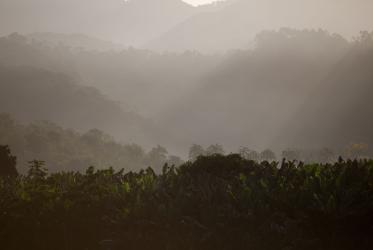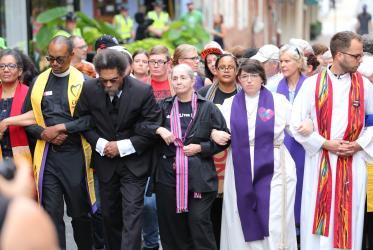Displaying 1 - 10 of 10
Online event-“Anti-racist in Christ? Ecumenical Christian Repentance, Reflection and Action on Racial Discrimination and Xenophobia.”
14 - 17 June 2021
https://us02web.zoom.us/webinar/register/WN_U6s791s5TPqMZAywAFMdYA







